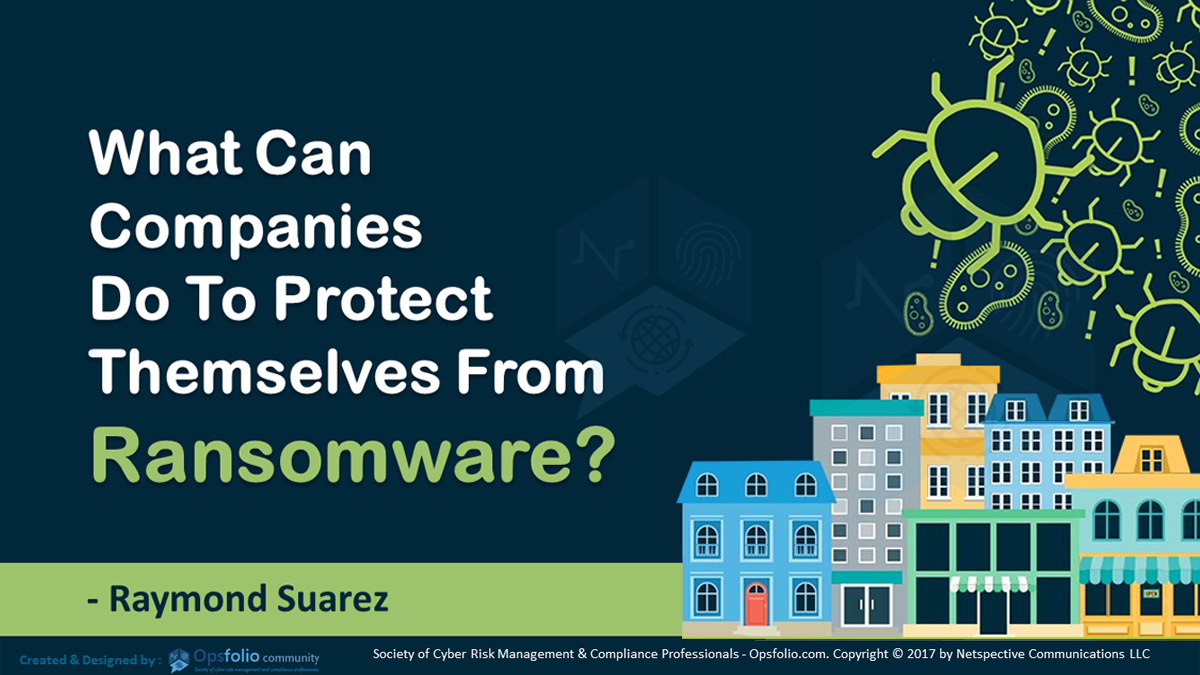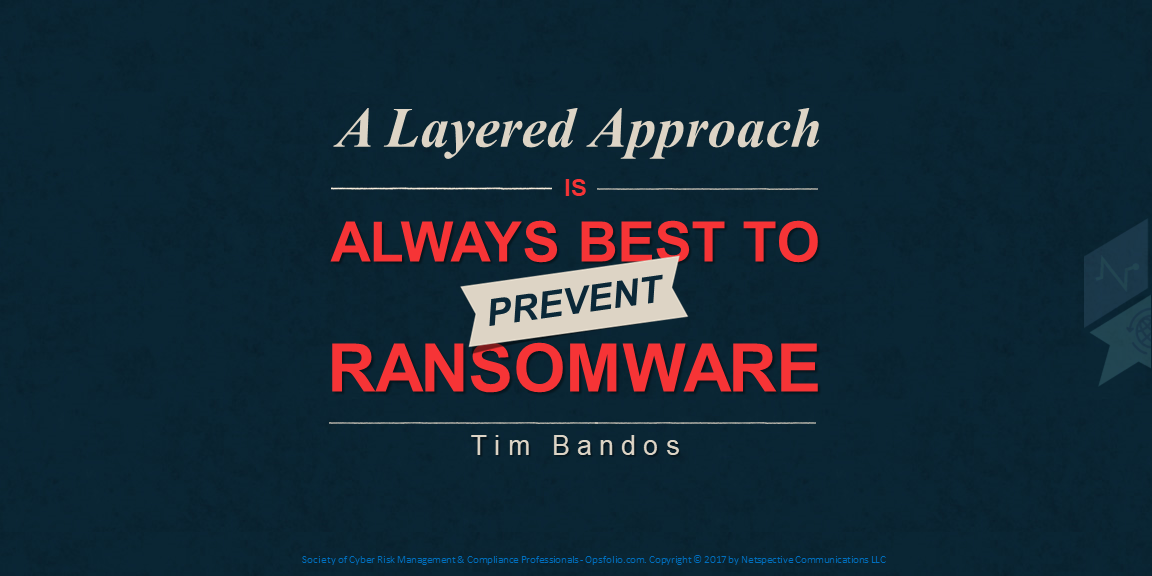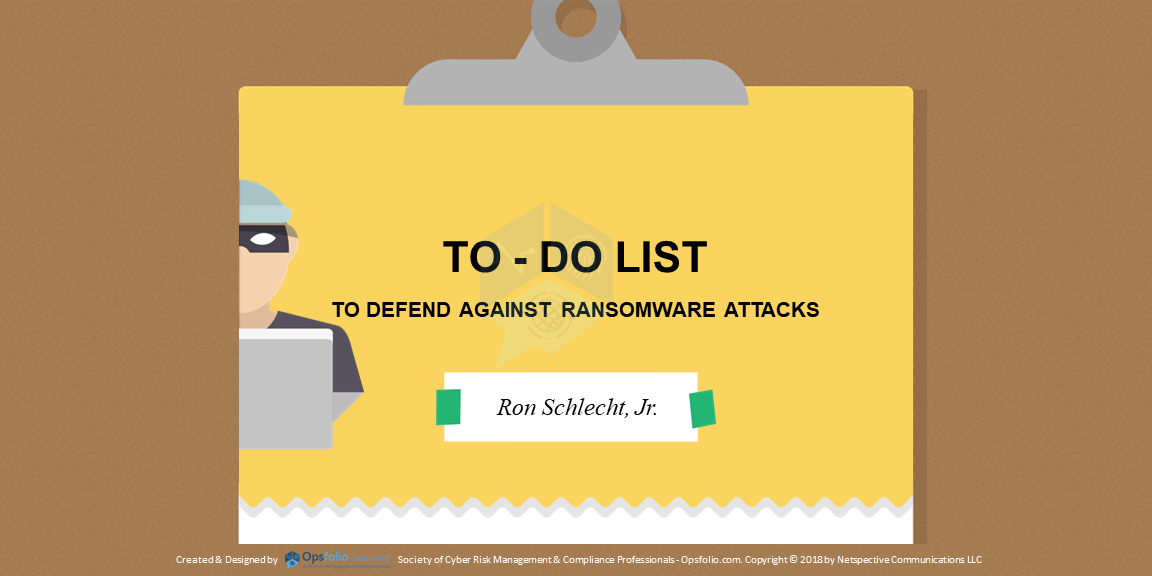· Opsfolio Community · data integrity · 2 min read
Data Collection Is Reaching New Heights. Here’s What You Need To Know
Most people who have used social media have experienced the process of searching for something online only to find it show up as an advertisement on their social media feed.

Most people who have used social media have experienced the process of searching for something online only to find it show up as an advertisement on their social media feed.
It has become commonplace for people to have their internet searches automatically coincide with other parts of their internet experience. In some cases, people may have even become numb to the phenomenon. Some individuals may even enjoy targeted ads that connect them with products and services that they may have a genuine interest in.
But is this harmless data collection, or are internet platforms and apps crossing lines in terms of people’s personal information? And, are they gathering more information than people are aware of or would be comfortable with if they knew it was happening?
What is Data Collection?
Data collection here refers to the information that websites, servers, social media sites, businesses, etc. gather when people browse the internet.
While browser privacy settings will adjust the amount of information that is available for data collection, there are some things that are often collected regardless, such as a person’s local and public IP address, and what type of browser they’re using. The IP address may be able to reveal your approximate physical location.
Other information that may be collected is your operating system, the CPU or GPU you’re using, and your screen resolution. Data collection may also reveal browser plugins, internet service provider, and download speed. To learn more about the information collected from your browser, you can visit Webkay to see what information is accessible about you.
What Major Players are Collecting Data
There are many companies and governments with a growing interest in collecting data. Below is a short list of some of the biggest data collectors currently in action.





